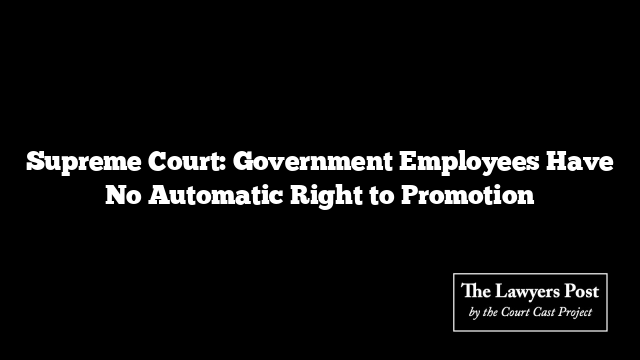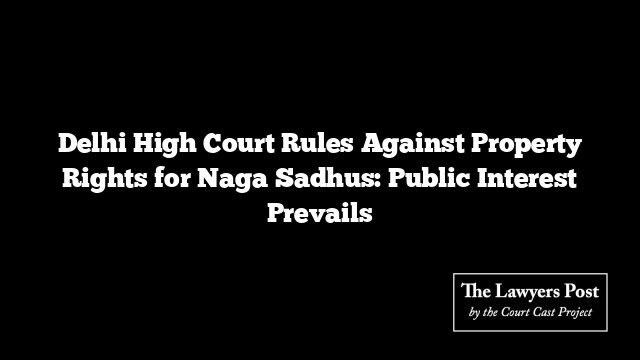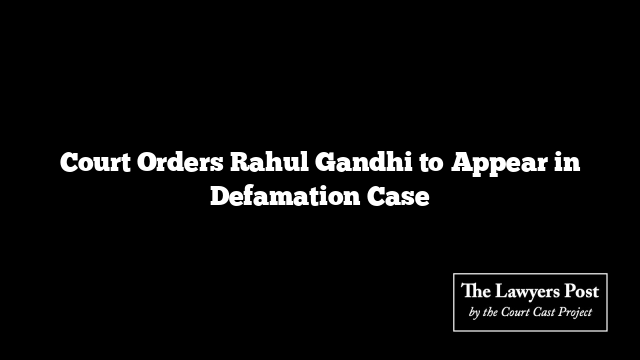In a recent ruling, the Supreme Court clarified that government employees cannot claim promotion as an inherent right. The Court emphasized that judicial intervention in promotion policies is warranted only when there’s a breach of the equality principle under Article 16 of the Constitution.
On May 17, the Supreme Court upheld the Gujarat High Court’s 2023 recommendations for promoting Senior Civil Judges to District Judges based on merit-cum-seniority. The Court pointed out that since the Constitution doesn’t set promotion criteria, government employees can’t expect promotions as a guaranteed right. Promotion policies, the Court noted, fall under the legislature or executive’s purview, with limited scope for judicial review.
In this particular case, petitioners sought to challenge the High Court of Gujarat’s Select List from March 10, 2023, arguing it violated Article 14 of the Constitution and Rule 5 of the Gujarat State Judicial Service Rules, 2005. Rule 5 mandates that 65% of District Judge positions be filled through merit-cum-seniority promotions and a suitability test.
The Supreme Court suggested the Gujarat High Court could revise its suitability test rules to be as detailed as those in the Uttar Pradesh Higher Judicial Service Rules, 1975. Recommendations included adding a Viva Voce component, raising the passing threshold for existing components, assessing the quality of candidates’ judgments over two years instead of one, and integrating seniority into the merit list scoring.
Historically, the Court noted that promotion practices date back to the British Raj, where seniority was the primary factor. This evolved with the Indian Civil Service Act of 1861 to include both seniority and merit. Competitive examinations were introduced in 1854 to curb political influence and ensure fairness in the recruitment and promotion processes.
Post-independence, various Pay Commissions recommended a mix of direct recruitment and promotions, with seniority valued for roles requiring experience and merit emphasized for higher positions. The principle of seniority was seen as a way to reward loyalty and minimize favoritism.
The Supreme Court underscored that in the Indian Constitutional framework, government employees do not have a right to promotion. Promotion criteria are left to the discretion of the government or legislature, tailored to the specific job or designation. Judicial review is limited to cases where promotion policies violate the equality principle under Article 16.





